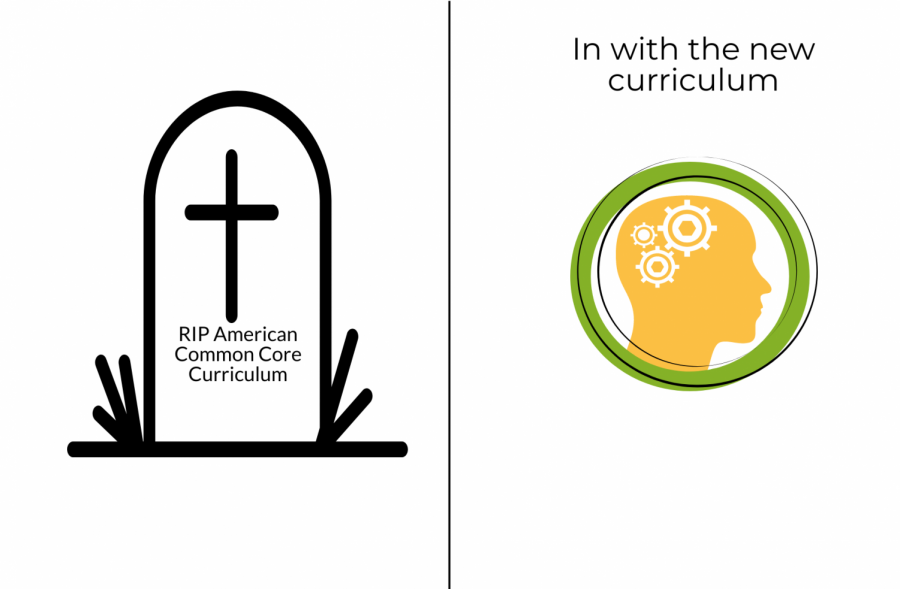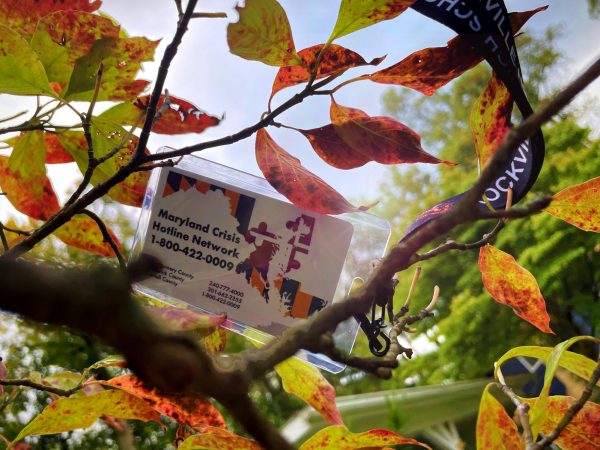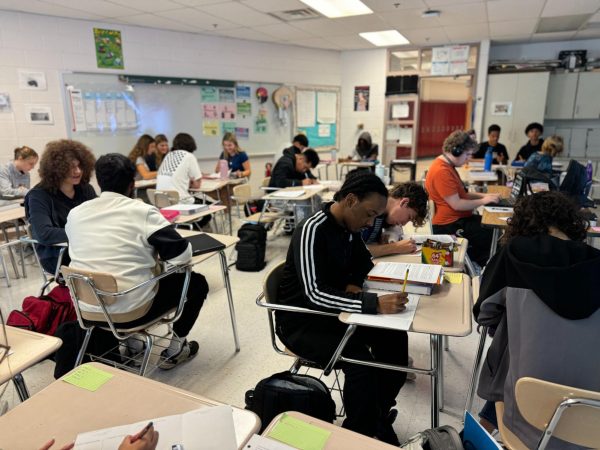Pandemic is an Opportunity for a Curriculum Overhaul
As schools around the country go fully virtual this year, the pandemic is shedding light on several problems, suggesting a need for an overhaul of the current curriculum. We now have the time to revamp the curriculum and MCPS should take this opportunity to alter the current curriculum to better incorporate social topics.
The traditional classroom environment is detrimental to students in primary school. Students are restricted on what they can do, they aren’t able to express their creative minds at times when it is needed and while they can study for tests and can score well, they don’t retain the information after the test.
Neurobiologists Blake Richards and Paul Frankland have concluded through their research that brains forget information that is no longer required. Students don’t retain information after it is tested, but they will retain information about what matters to them. Students need to learn more about current issues and what’s happening in the world around them. Issues such as LGBTQ rights, racial injustices and climate change need to be studied as these issues directly impact students’ lives. The world is constantly changing so students need to be learning a curriculum that reflects the world right now. We should begin a change in the curriculum to better educate students about various topics relating to current issues around the world.
Our literacy rates have remained stagnant since 1971 and though math rates peaked later in 1990, they have remained stagnant since then according to the National Center for Education Statistics. There is a prevalent issue here that needs to be addressed and our future generation should be well educated and ready.
The implementation of a new curriculum would give MCPS the chance for important social issues to be incorporated into the classroom while adjusting core subjects to make our literary and math rates grow again.
With in-person teaching at a halt for most of the nation, current students and policymakers can work together in forming a new curriculum that will better equip the next generation.

This is senior Ahmad Haleem’s first year as Editor-in-Chief with a focus on Opinion and Feature pieces. He was previously an Opinion Editor junior year....











